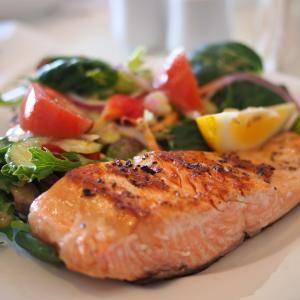Understanding Monoamine Oxidase Inhibitors
Monoamine Oxidase Inhibitors (MAOIs), like selective serotonin reuptake inhibitors (SSRIs) and tricyclic antidepressants (TCAs), are a class of antidepressant drugs which includes Nardil, Parnate, and Marplan. Developed in the 1950s, MAOIs are some of the oldest continuously prescribed antidepressant drugs still being prescribed. They are regarded as still being as effective as SSRIs and TCAs, and are only less-often prescribed because of their more restrictive dietary requirements and the severity of certain side effects.
The mechanism of action for MAOIs is relatively well-understood. Mood is determined largely by three neurotransmitters: serotonin, norepinephrine, and dopamine. These three chemicals, always present to some degree or another in a person's brain, regulate feelings of anxiety or calmness, sleep, response to stress, sexuality, appetite, and motivation. The more of each chemical present, the higher a person's mood.
Monoamine oxidase is an enzyme that helps break down these three neurotransmitters in a process called reuptake. In certain people, this process can go too far, leaving neurotransmitters depleted. MAOIs work by interrupting the reuptake process, leaving more mood-boosting chemicals available in the brain.
There are two potentially serious conditions that can arise from MAOI use: serotonin syndrome and tyramine-induced hypertension crisis. The first occurs whenever serotonin levels are allowed to get too high. This might result from an interaction between two drugs or dietary supplements, like St. John's Wort.
The other condition that sometimes arises, tyramine-induced hypertension crisis, stems from the loss of MAO effectiveness in the face of MAOI use. Monoamine oxidase, in addition to its effects on neurotransmitter levels, also helps to regulate blood pressure by breaking down tyramine. Without that, tyramine from dietary sources can build up and create a sudden spike in blood pressure (i.e., a hypertensive episode). As a result, MAOI use should be accompanied by an extensive list of tyramine-containing foods to avoid. Some MAOIs, like the Emsam patch, can be administered transdermally, which seems to reduce the likelihood of dietary complications somewhat.
MAOIs, despite their risks, are a well-established treatment regimen and should be considered a viable part of any therapeutic toolkit.
Photo: Pixabay






